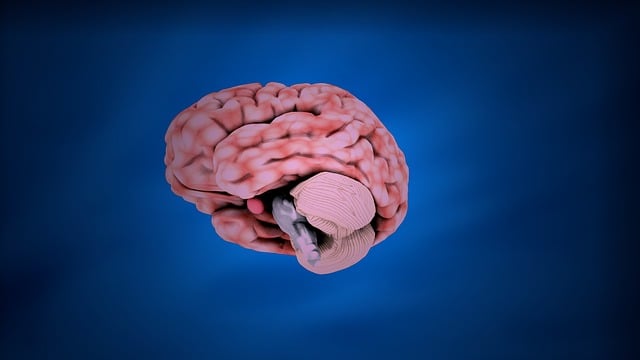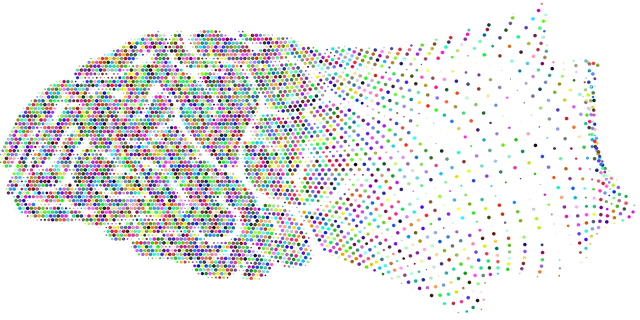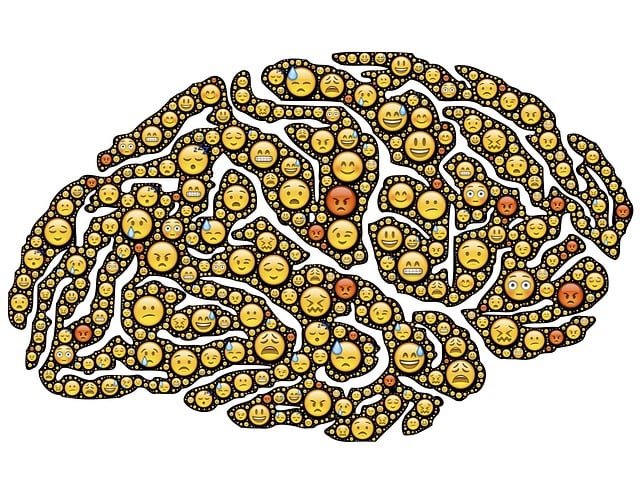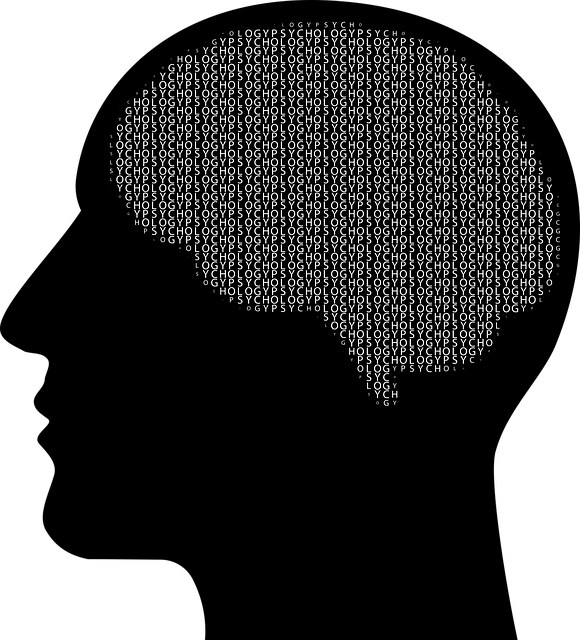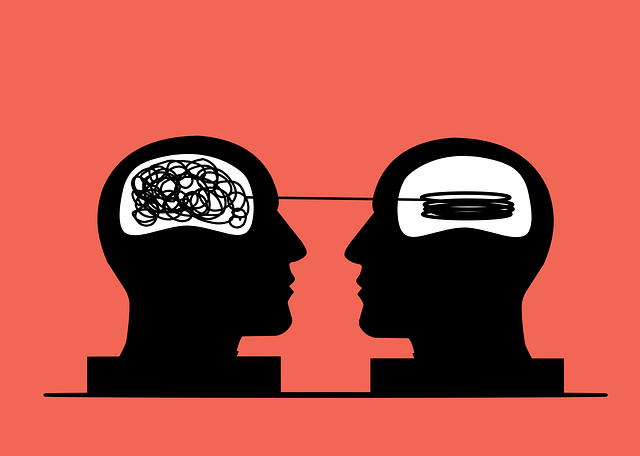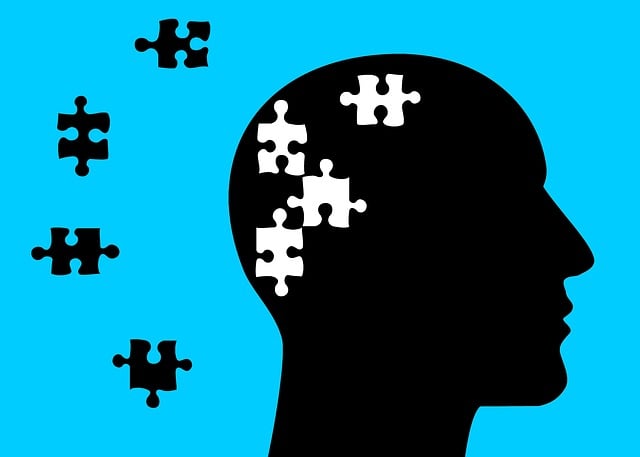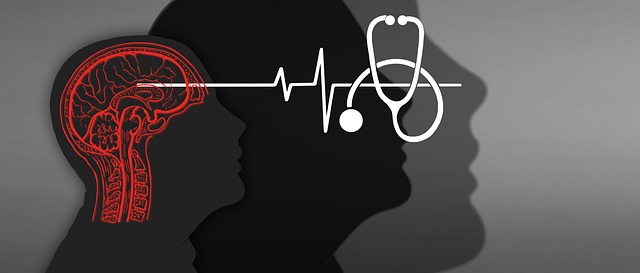Mental wellness programs, such as those offered by Golden International Adoptions Therapy (GIAT), integrate counseling, group therapy, and holistic practices like mindfulness meditation to promote resilience, manage stress, and enhance well-being. GIAT's unique approach combines a thorough risk evaluation with compassionate cultivation techniques, empowering clients with self-regulation tools through evidence-based methods. Program effectiveness is assessed using both quantitative surveys (measuring anxiety relief and positive thinking) and qualitative interviews/case studies, providing a holistic understanding of outcomes. Continuous improvement is ensured by evaluating success through various data sources, including pre-post assessments, participant feedback, and relevant metrics, allowing GIAT to accurately assess its impact on reducing mental health stigma and fostering emotional healing.
Mental wellness programs are gaining prominence in modern healthcare, with various therapeutic approaches emerging. This article explores evaluation methods used to assess their effectiveness, focusing on the case study of Golden International Adoptions Therapy (GIAT). We delve into the significance of comprehensive evaluations, comparing quantitative and qualitative techniques. By examining tools and metrics used to measure success, this guide offers insights into optimizing GIAT and similar programs for improved mental health outcomes.
- Understanding Mental Wellness Programs and Their Impact
- Evaluation Methods: A Comprehensive Look at Golden International Adoptions Therapy
- Quantitative vs Qualitative Assessment Techniques
- Measuring Success: Tools and Metrics for Program Improvement
Understanding Mental Wellness Programs and Their Impact

Mental wellness programs are designed to support individuals in cultivating resilience, managing stress, and enhancing overall well-being. These initiatives often encompass a range of therapeutic approaches, including individual counseling, group therapy sessions, and holistic practices such as mindfulness meditation. By integrating evidence-based techniques, these programs aim to address various mental health concerns and promote positive mental health awareness.
At the core of many successful wellness programs is the emphasis on self-care routine development. Encouraging participants to prioritize their mental health through regular practice, like Golden International Adoptions Therapy, fosters a sense of balance and empowerment. Mindfulness meditation, as a component, helps individuals stay grounded in the present moment, reducing anxiety and promoting emotional regulation. Ultimately, these programs strive to create lasting positive changes by equipping individuals with valuable tools for maintaining optimal mental wellness.
Evaluation Methods: A Comprehensive Look at Golden International Adoptions Therapy

Golden International Adoptions Therapy (GIAT) offers a unique and comprehensive approach to mental wellness program evaluation, focusing on fostering emotional well-being through innovative practices. Their method involves a multi-faceted assessment that begins with a thorough risk evaluation, ensuring the safety and stability of clients while tailoring interventions accordingly. This initial step is crucial in guiding the subsequent therapy sessions and activities designed to cultivate compassion and promote emotional resilience.
GIAT incorporates various evidence-based techniques, such as mindfulness exercises and creative expression therapies, into their evaluation framework. These methods not only aid in tracking client progress but also empower them with tools for self-regulation and coping strategies. By combining risk assessment with compassionate cultivation practices, GIAT creates a supportive environment that encourages individuals to explore and enhance their emotional well-being, ultimately leading to transformative mental health outcomes.
Quantitative vs Qualitative Assessment Techniques

The evaluation of mental wellness programs can be approached through quantitative or qualitative methods, each offering unique insights into participant experiences and outcomes. Quantitative techniques focus on numerical data and statistical analysis, providing a broad view of program effectiveness. This may include surveys measuring symptoms of conditions like anxiety relief and positive thinking among participants before and after the program. Such data helps in quantifying changes and identifying trends, making it valuable for large-scale assessments, especially in research settings or when evaluating programs with numerous clients, such as those offered by Golden International Adoptions Therapy.
On the other hand, qualitative assessment techniques delve deeper into individuals’ experiences, perspectives, and feelings. Methods like interviews, focus groups, and case studies allow participants to share their personal stories, offering rich insights into the impact of the program on their lives. This approach is particularly useful for understanding complex emotional journeys, identifying unmet needs, and uncovering barriers to mental wellness, including burnout prevention strategies. By combining both quantitative and qualitative methods, mental health professionals can gain a comprehensive understanding of program outcomes, ensuring continuous improvement in support services provided by organizations like Golden International Adoptions Therapy.
Measuring Success: Tools and Metrics for Program Improvement

Measuring Success is a pivotal aspect of any effective mental wellness program evaluation, enabling organizations like Golden International Adoptions Therapy to gauge their impact and refine strategies. The choice of tools and metrics is crucial for understanding whether the program achieves its intended goals, such as reducing the stigma surrounding mental illness, fostering emotional healing processes, or implementing burnout prevention strategies for healthcare providers.
Numerical data from pre- and post-program assessments, participant feedback through surveys or interviews, and observational notes can all contribute to a comprehensive evaluation. For instance, tracking improvements in symptoms related to mental health conditions over time, changes in attitudes towards seeking help, and increases in self-care practices among participants provide quantifiable metrics for success. Qualitative data, including personal stories of transformation and participant insights, further enriches the understanding of program effectiveness, offering a deeper glimpse into the emotional healing processes that have taken place.
Evaluating mental wellness programs, such as Golden International Adoptions Therapy, is paramount to understanding their impact and fostering continuous improvement. By employing both quantitative and qualitative assessment techniques, we can gain a holistic view of program effectiveness. Quantitative methods provide data-driven insights into outcomes, while qualitative approaches offer deep dives into participants’ experiences and perceptions. Integrating these perspectives enables comprehensive evaluations that guide strategic enhancements, ultimately optimizing the success of initiatives like Golden International Adoptions Therapy in promoting mental wellness.

